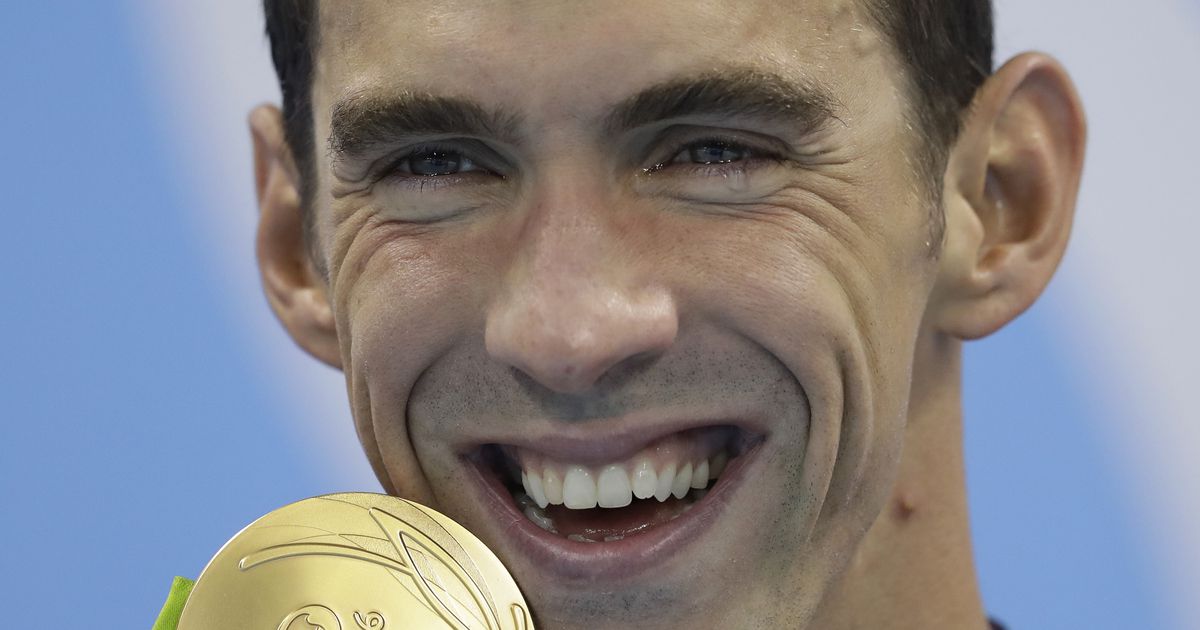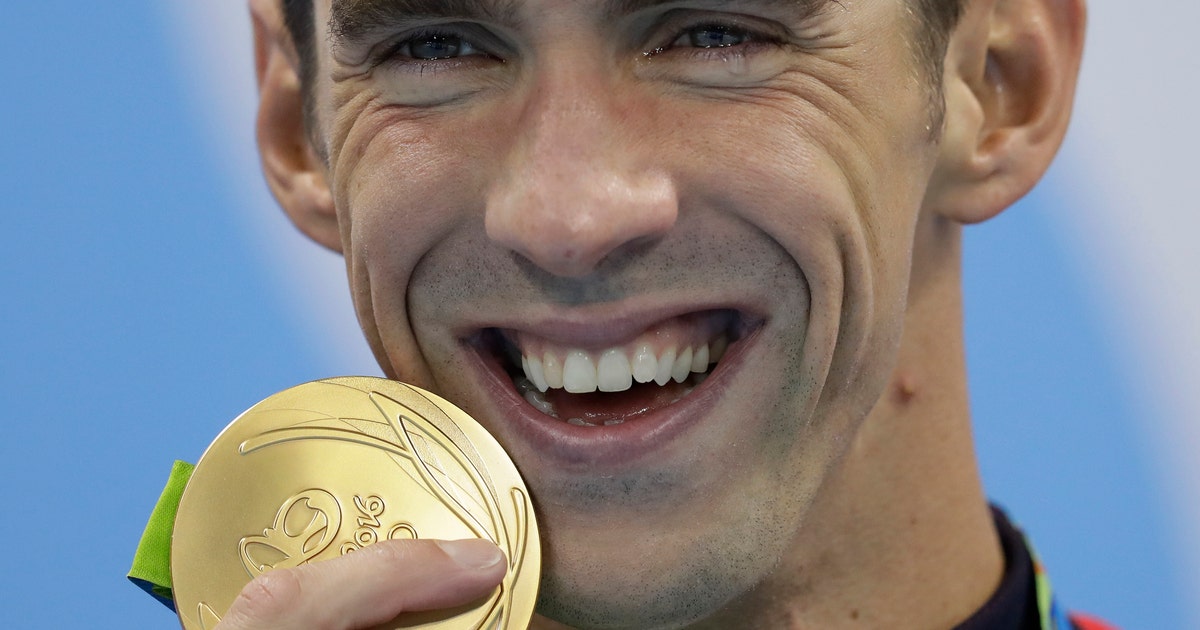Phelps honored for honesty on mental health, helping others


BALTIMORE (AP) — While swimming to Olympic glory, Michael Phelps found comfort in the pool and quite a bit of angst out of it.
His bout with depression reached its nadir in 2014 after a second DUI arrest. That’s when the most decorated Olympian of all time checked himself into a rehabilitative center in a desperate effort to make sense of it all.
“When I was in my room and not wanting to talk to anybody for a number of days and not wanting to be alive, I wanted to see what other roads I could take to see if there was help,” Phelps recalled.
The treatment he received — and continues to receive — charted his post-Olympic course.
“I know it’s something that changed my life and saved my life and allowed me to be able to be where I am today, enjoying the platform of talking about something that’s so important,” Phelps told The Associated Press in an interview Tuesday.
Because he is willing to share his story of depression and raise awareness of mental health issues, Phelps was to be given the fifth annual Morton E. Ruderman Award in Inclusion on Tuesday night in Boston.
After participating in four Olympic Games and collecting 28 medals, including 23 gold, Phelps has dedicated his time and energy to promoting the importance of water safety and advocating for the de-stigmatization of mental health problems through the Michael Phelps Foundation.
“When I first really opened up about the struggles that I had in ’15, obviously I dreamed of being able to get more publicity to this and to really share my journey and have other people share their journeys with me as well,” Phelps said. “Honestly, I never thought it would be as big as this, but it’s been a true dream to be able to watch the growth that mental health has taken, almost being at center stage.”
To say this endeavor has been fulfilling is an understatement.
“Through this, if I can save one life, two lives, five lives, a thousand, a million, to me that’s so much more important than winning a gold medal,” he said.
The 33-year-old Phelps believes his bout with depression is a story that many can share, including CEOs and other retired athletes. After accomplishing every goal he set for himself, what was left to do?
“Probably my first real depression spell was after 2004, then the next big one was after 2008,” he said. “When you set out to be an Olympian, your whole life is put on hold. All the eggs are in one basket. I would say 2004, 2008, 2012, partly after ’16 (all Olympic years) I’ve dealt with pretty severe depression spells. I was kind of lost at that point.”
The Baltimore native is in a far better frame of mind now.
“To have my wife (Nicole Johnson), who’s always by my side, two amazing little boys at home and a third one on the way, I’m extremely thankful of the support I’ve had to get me through these times,” Phelps said.
The Ruderman Award is given to individuals who are passionate about providing opportunities for others. Phelps certainly fits that description.
“Michael Phelps is a unique leader who has used his fame and status as the greatest swimmer of all time to challenge our society to remove stigma surrounding mental health,” said Jay Ruderman, president of the Ruderman Family Foundation.
“For me, this award means everything because this is where my passion is and the next chapter of my life is really heading,” Phelps said. “We’re kind of scratching the surface of what can be done, and I’m looking forward to continuing this journey and accomplishing some of the goals that I have — de-stigmatizing mental health and just getting the point across that it’s OK to not be OK.”






